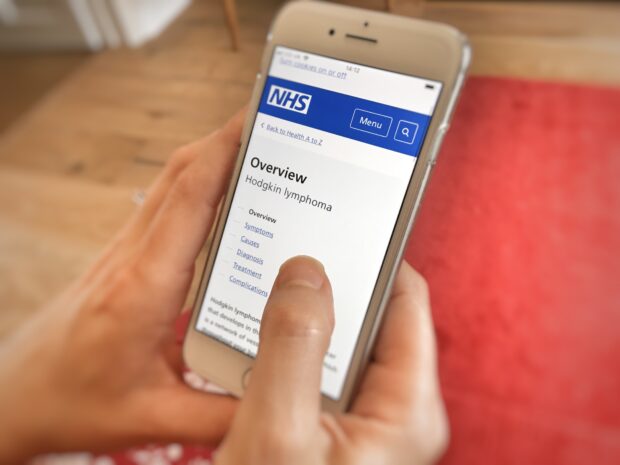
Women under 36 who receive radiotherapy involving breast tissue as part of treatment for Hodgkin, non-Hodgkin lymphoma, and occasionally other cancers, are at increased risk of breast cancer in future years.
Screening guidelines have been in place since 2003 but uptake by at-risk women is lower than we might expect. This means that some are missing out on the opportunity to detect breast cancer at an early stage when cure rates are high.
A collaborative approach
It appeared that we needed to do things differently, so I invited a small number of oncologists, epidemiologists, screening experts and patients to work in a collaborative group with colleagues at Public Health England (PHE) to see if we could improve things.
Following discussion, it was decided to set up a single list of women at risk following radiotherapy to breast tissue under age 36 — the BARD dataset.
BARD will allow screening appointments to be sent out at the right time and provide women with relevant information about breast cancer after radiotherapy, breast screening and research in the field.
BARD national launch meeting
A very well-attended national launch meeting was held in Manchester in September 2018.
In her keynote address, Professor Anne Mackie, PHE's director of screening, described BARD as 'an exemplar for surveillance of clinically identified high risk populations'.
A new system will go-live in September 2019 with screening appointments generated as a result of the information held by BARD.
Next steps
A BARD research group has been set up and is developing a programme of research. This will include:
- evaluating the patient experience
- working out how to measure different levels of risk so the frequency and type of screening can be individualised
- seeing if a breast cancer prevention trial is feasible
Keep an eye on the PHE Screening blog for future updates about BARD.
More information
If you’d like further information about the BARD dataset, you can visit the Christie NHS Foundation Trust website or email the project.
PHE Screening blogs
PHE Screening blogs provide up to date news from all NHS screening programmes. You can register to receive updates direct to your inbox, so there’s no need to keep checking for new blogs. If you have any questions about this blog article, or about population screening in England, please contact the PHE screening helpdesk.